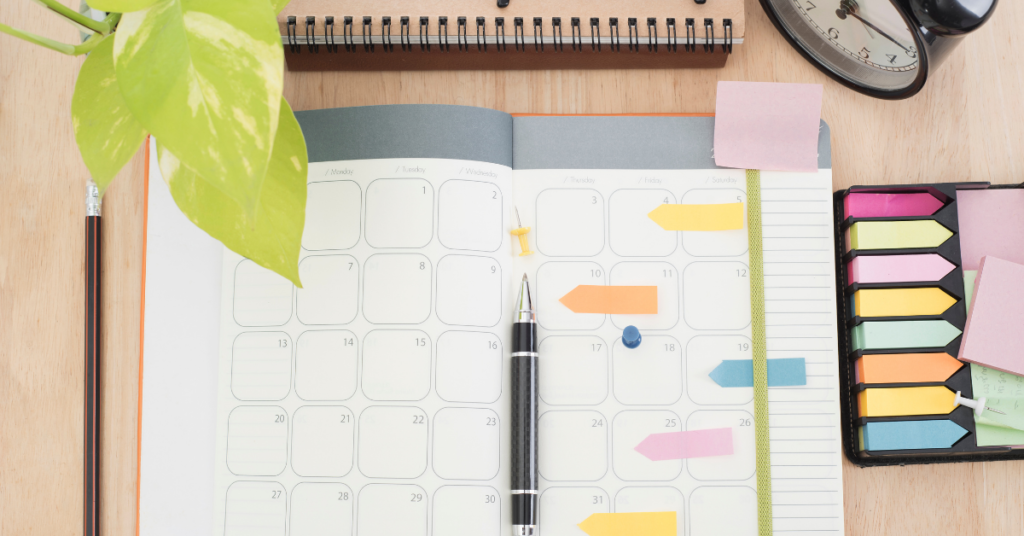Page loading



Sounds unbelievable, right? Well, it is important to know that creating an equilibrium between the tasks at hand and the time allotted for these tasks is not really that hard. Many people have effectively achieved that without losing their calm during ACCA exams or having to cope with stressful situations like burnout.
Take for example, the famous Pomodoro Technique developed by entrepreneur and software developer, Francesco Cirillo, is pretty simple. It involves timing yourself completely for a period of 25 minutes away from all distractions, just pure focus. You will then take a 5 to 10 minutes break where you do any activity you enjoy, and the process repeats continuously.
Some call this technique a process to programming yourself. As a simple rule of thumb, you can program yourself so that when you first enter your kitchen in the morning, you always drink a tall glass of water. Or you can create a rule in your mind so that when you decide on a task to be done, you completely focus on the task (and not on other stuff). That is a good start to programming yourself for ACCA exams.
Now without further delay, let’s see how we can use the top 5 focus techniques effectively for your work and ACCA exams.

If you are someone who can stay focused and productive at smaller tasks, you may find using a daily journal is an effective way in helping you to concentrate better. It is a great way to study because every morning or the previous night, you will have outlined the tasks or plan your list of work.
You then divide each piece of work into smaller tasks and jot down the estimated duration for each task. This helps your brain focus on the smaller work fragmentation instead of a ‘big’ task at hand.
By breaking down your work into smaller and more manageable tasks, you are most likely to be able to push through during those difficult study sessions and whenever you start to feel overwhelmed. Remember, your daily journal does not need to be perfect. It is simply another form of note-taking. You just need to be consistent to score well in ACCA exams.
Francesco Cirillo used a tomato shaped kitchen timer that inspired him to stay focused and productive while he was a college student and named this technique, The Pomodoro Technique, where ‘pomodoro” means ‘tomato’ in Italian.
Similarly, to complete your study session for longer hours, you need to start each task with a stopwatch or a timer. Once the timer is set, you will focus on studying until the timer rings. Once the timer rings, you stop studying and take a break.
Typically, you would study for 35 to 40 minutes and then take a five-minute break. This time may vary based on your power to concentrate and study at a stretch. This is useful especially when it comes to revision for your ACCA exams. So set a time frame that is suitable for you and stick to it.
There’s a saying that “what gets measured, gets done”. But studying is an activity where progress is not always easy to measure. However, when you keep track of the time you have completed, you will be clearer about the progress you are making. As such, you can see the results for yourself over time especially during ACCA exams.
Deciding how many study sessions you want to complete each day is a great start. If you typically study in blocks of 35 minutes, you might decide that your goal is to do at least 4 study sessions for the day. If you want to take your study sessions to the next level, you can also indulge yourself completely for an hour.
It is highly recommended to take a 15-minute break for every hour you study. This is because research suggests that our brain can concentrate for no longer than 90 minutes due to natural variations in our cycle of alertness.

At the completion of each study session, it is easy for you to start to feel tired and lose focus. Indulging in relaxing activities increases the ability of your mind to focus and keeps you motivated.
Having a cup of tea may just be the pick-me-up you need to stay focused during your study session. You can also listen to certain types of music that can help you focus better. For instance, classical or meditation music has a profound effect on your mood and is ideal for concentration. A great tip to relax your mind to ensure optimal results for the ACCA exams.
Finally, the last technique on how to stay focused when studying for ACCA exams is to track all the tasks you have completed. This is important for two reasons. Firstly, it allows you to make sure that you are not only focusing on one aspect of the subject and skipping other parts.
Secondly, it is a great booster for your morale to see that you are making progress. So by reviewing all the tasks you have completed, it helps you to maintain a positive mindset and attitude towards the progress you are making.
More often than not, your mindset and attitude will be the driving force behind the rigorous application of these techniques. As such, it is a good idea to make personal development a priority for yourself. Coupled with a long-term vision towards achieving your goals, you will be able to focus beautifully not just in your ACCA exams but also in your work.
Good luck!